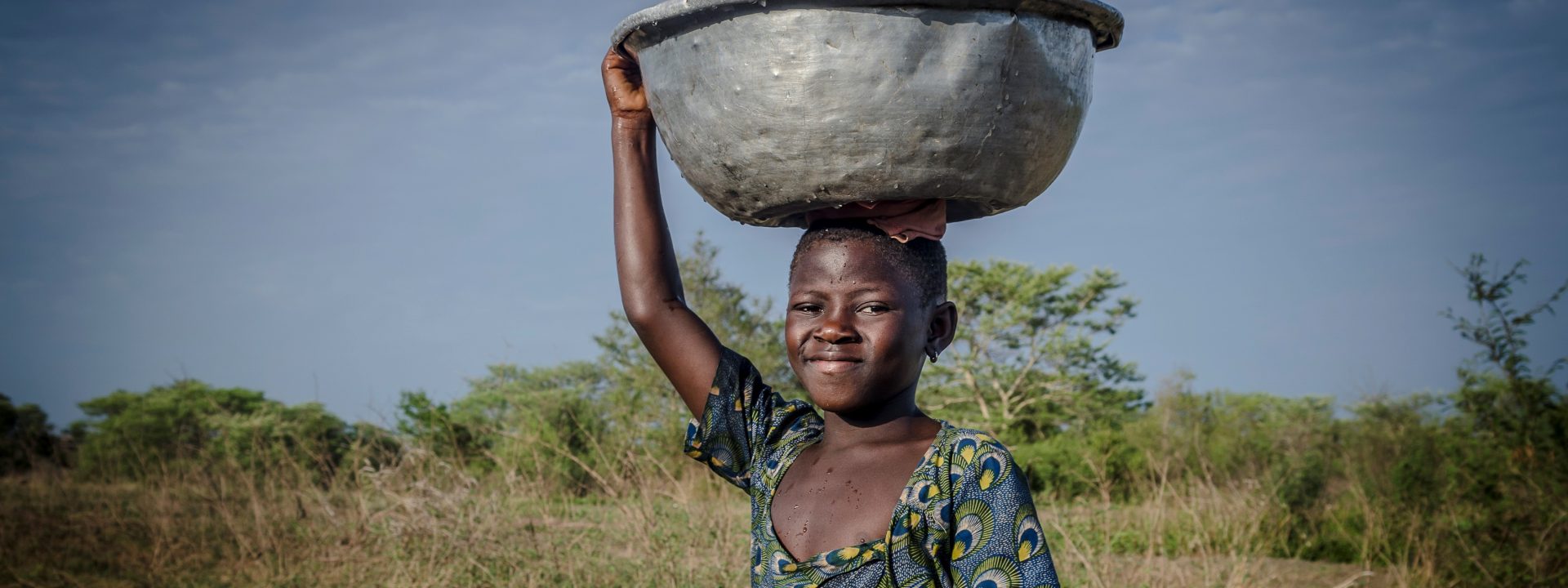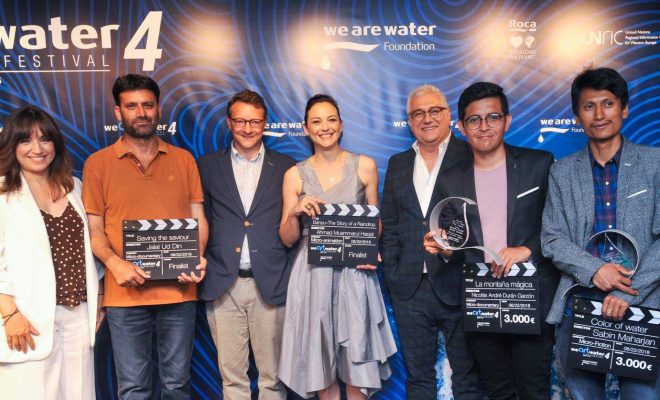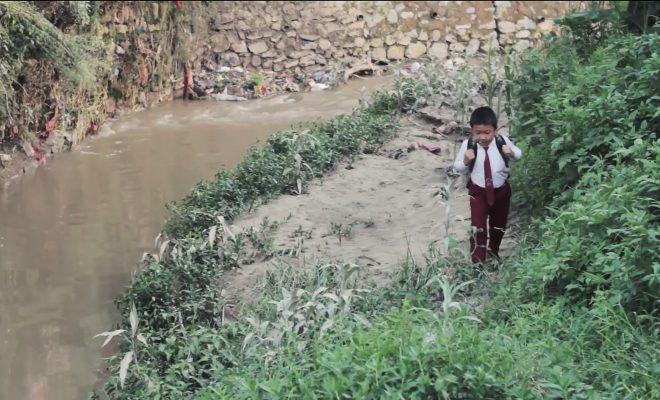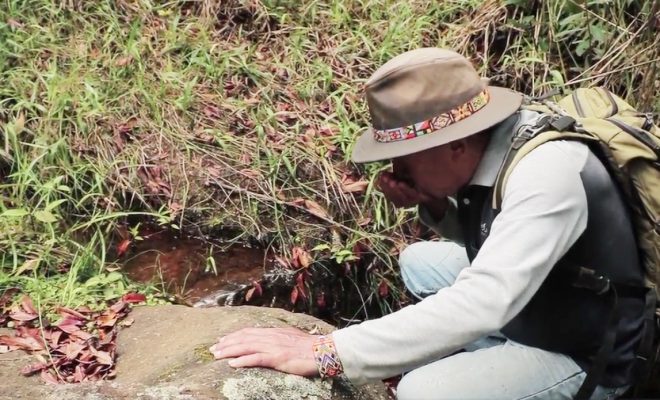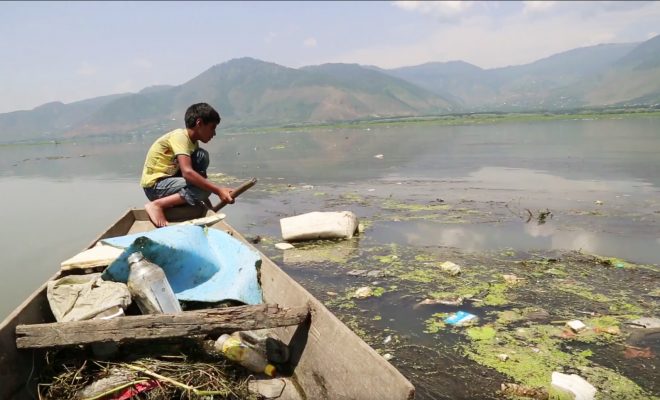The fifth edition of the We Art Water Film Festival has been a success that has broken all participation records: 3,362 registered authors from 131 countries. The global lockdown due to the pandemic has affected the timescale, surely making it more difficult to film the pieces, but perhaps it has also been an additional motivation to fight for life and do it through artistic communication. The level of quality has exceeded all expectations, forcing the preselection committee to increase the number of finalists to 45.
The shortlisted pieces are proof of this. These are 45 stories that reflect a daily struggle for access to a human right that still does not reach everyone around the planet. They speak of the value of food, hygiene and health. Of the value of giving life to nature, of being able to educate and reaching gender equality. These are stories of uncertainty, of anxiety and sadness, but also of hope, creativity, resistance and resilience. Each short film is a lesson that anyone, anywhere around the world, should learn. As a whole, they are the best and most comprehensive guide to understand the problems of access to water we are currently facing.
The awards ceremony, which will take place on Monday, 22nd March, World Water Day, will reveal the nine finalists, three in each category, who have reached this final stage and will announce the winners in each one of them: micro-documentary, micro-fiction and micro-animation, and the much awaited Audience Award. This year, the pandemic has delayed the awards ceremony, which will be held online. The live broadcast will take place from the emblematic Roca Barcelona Gallery at 17:00 (GMT/UTC+1) and will be hosted by journalist and TV presenter Elena Sánchez.
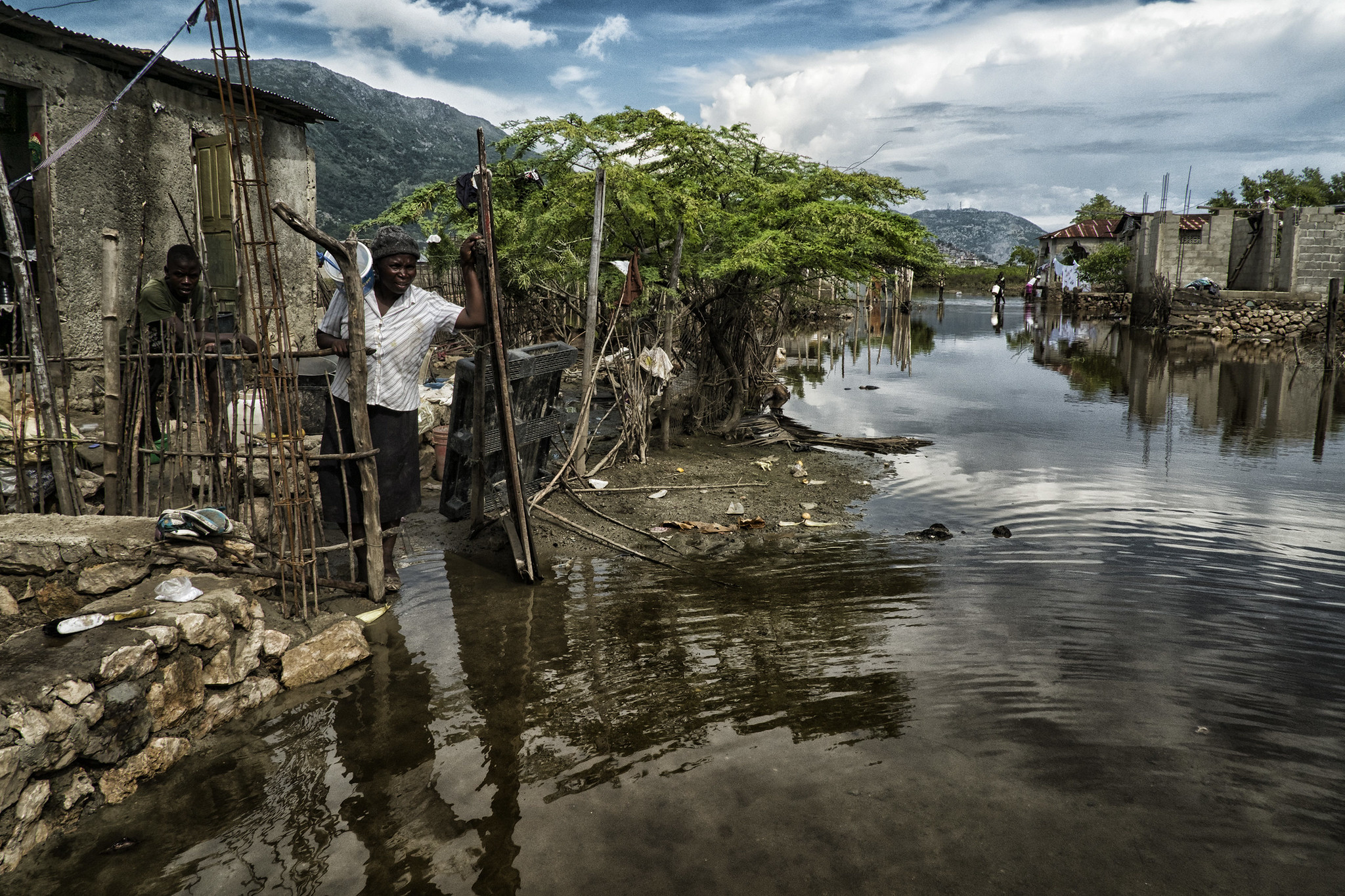
World Water Day, whose slogan this year is “The value of water. © UN Photo/Logan Abassi.
The value of water
World Water Day, whose slogan this year is “The value of water”, is the ideal framework for the grand celebration of the We Art Water Film Festival 5. The proposed approach for this year has been the climate crisis, as it has become one of the most important and uncertain factors that aggravate and threaten to worsen the problems of access to water around the world.
The reflections on the value of water included in each short film clearly show, using a human audiovisual language that is free from sensationalism, how water is an essential part of any indispensable activity for a dignified and fair life.
These are stories of how the increasingly persistent droughts affect the poorest, who wait with uncertainty and anxiety for the arrival of rain. How will the next walk to fetch water be? How can we make the most of each water drum? Many of us do not know how it is to live with polluted water, nor do we understand what it means to see our loved ones become sick because there is no access to fresh water. There are so many stories that take us to scenarios of fear and anxiety, to situations that force so many people to migrate in order to survive. Entire communities see how their land is impoverished because of the disappearance of their forests, how rivers do not provide fish and their soil is degraded.
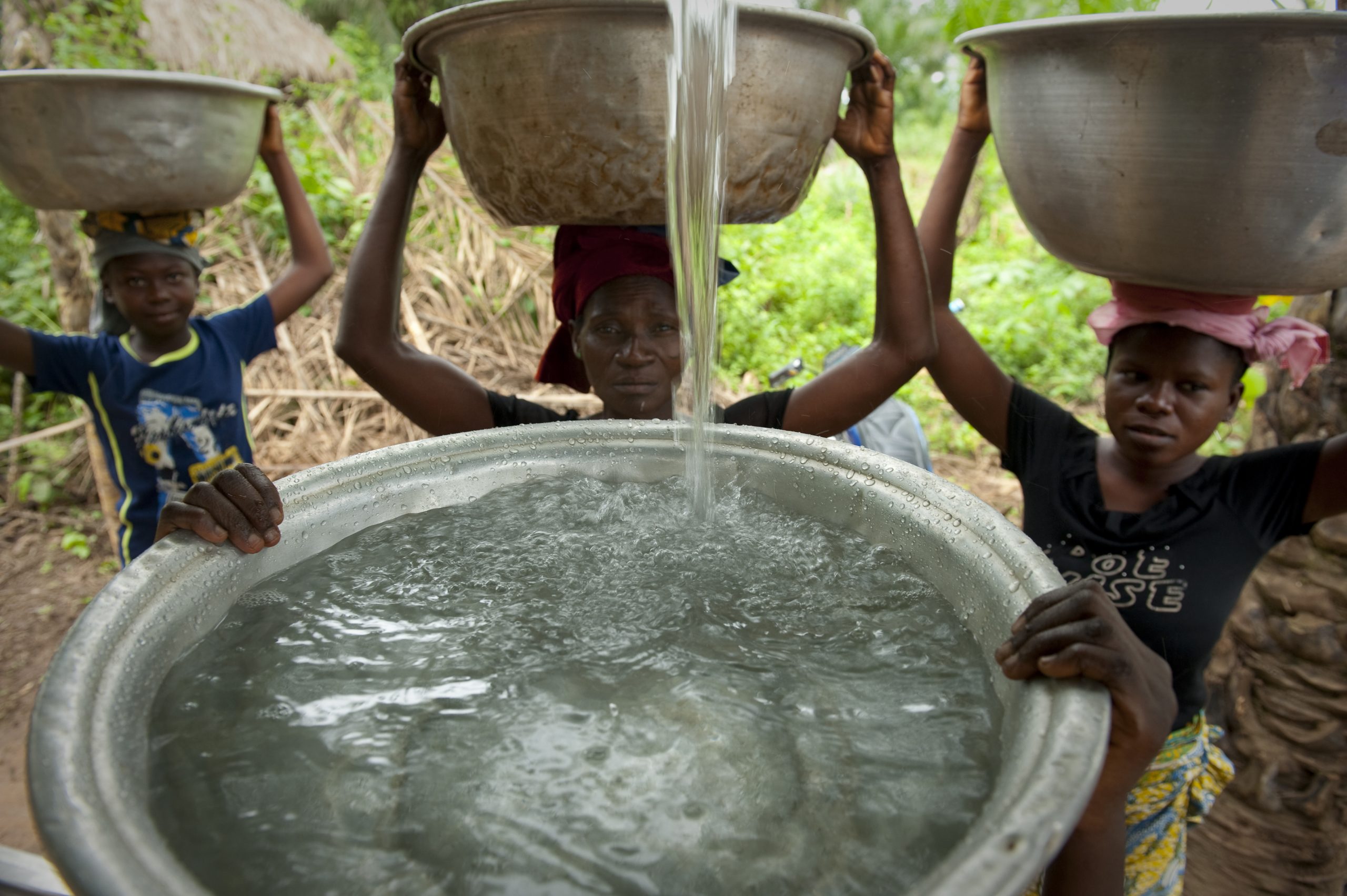
We Art Water Film Festival 5 edition: there are stories about women who fight for water, invisible heroines that fetch water for the entire family every day and all day long© Arne Hoel / World Bank.
There are stories about women who fight for water, invisible heroines that fetch water for the entire family every day and all day long. They cannot miss one single day, they cannot leave their home without water for drinking, cooking and precarious hygiene. They cannot have an education and they do not have time for themselves; they cannot fulfil their dreams, which are mostly about the wellbeing of their children, whose future seems to be left to chance.
These are stories of estrangement and fear, many of which are common among the 838 million people around the world who do not have adequate access to drinking water to meet their basic needs. But these are also stories of hope brought by creativity and the power of community work. The 45 pieces are the best roadmap to understand the path towards the attainment of SDG 6. It is the great contribution of the filmmakers of the We Art Water Film Festival.
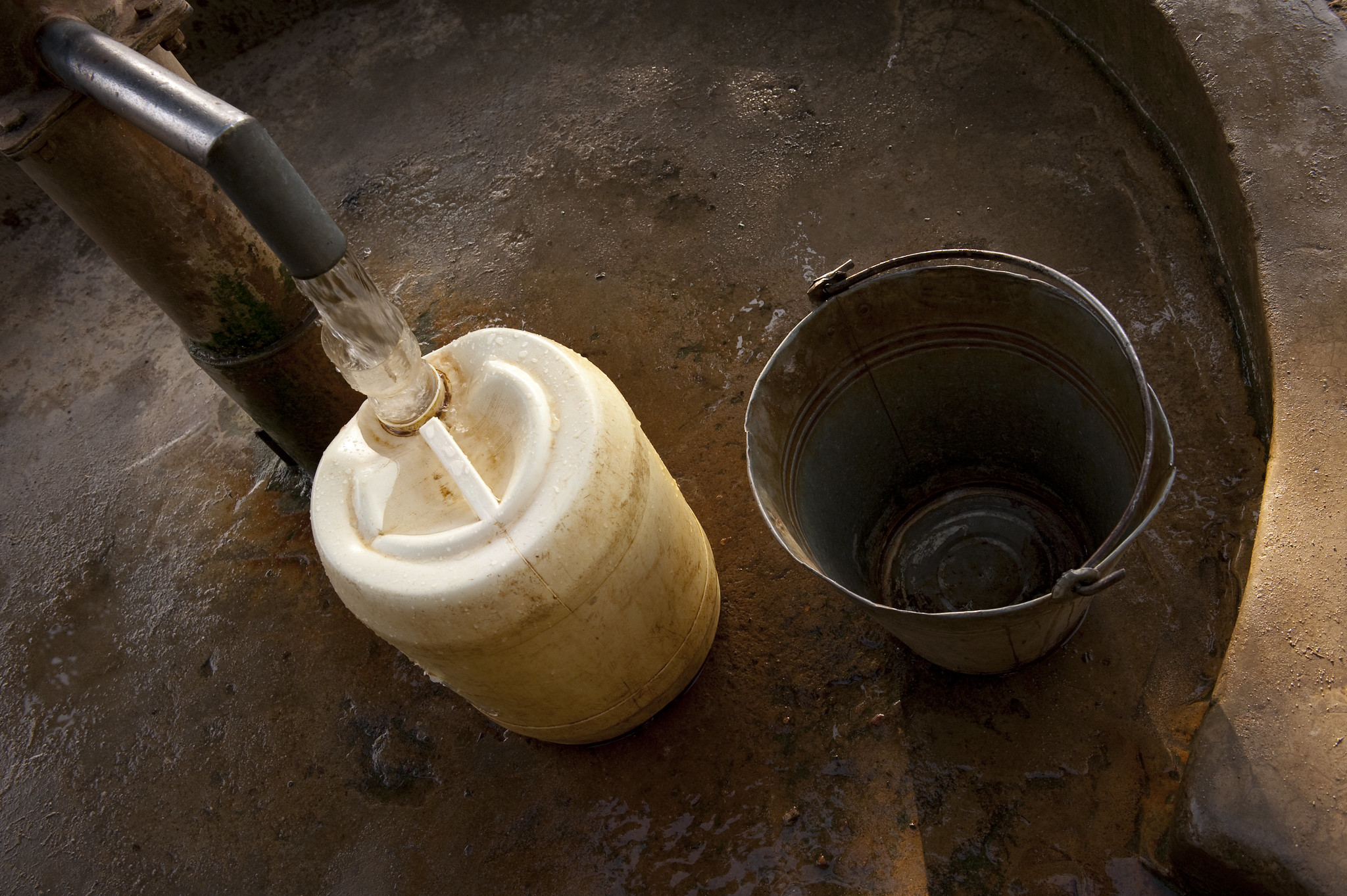
These are stories of estrangement and fear, many of which are common among the 838 million people around the world who do not have adequate access to drinking water to meet their basic needs. © Arne Hoel World Bank.


